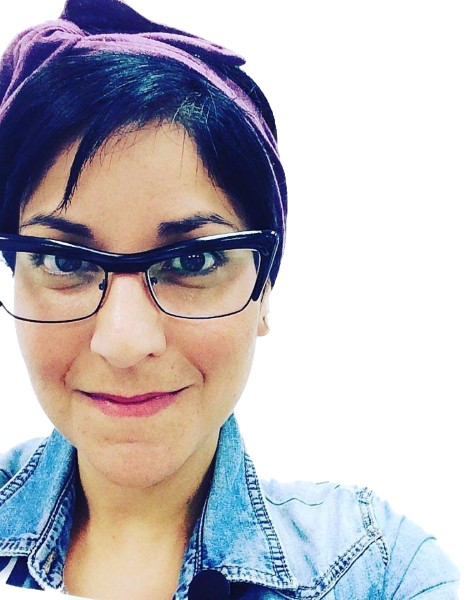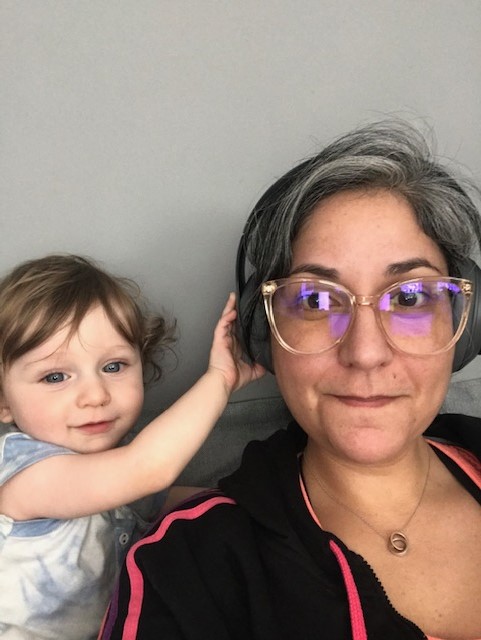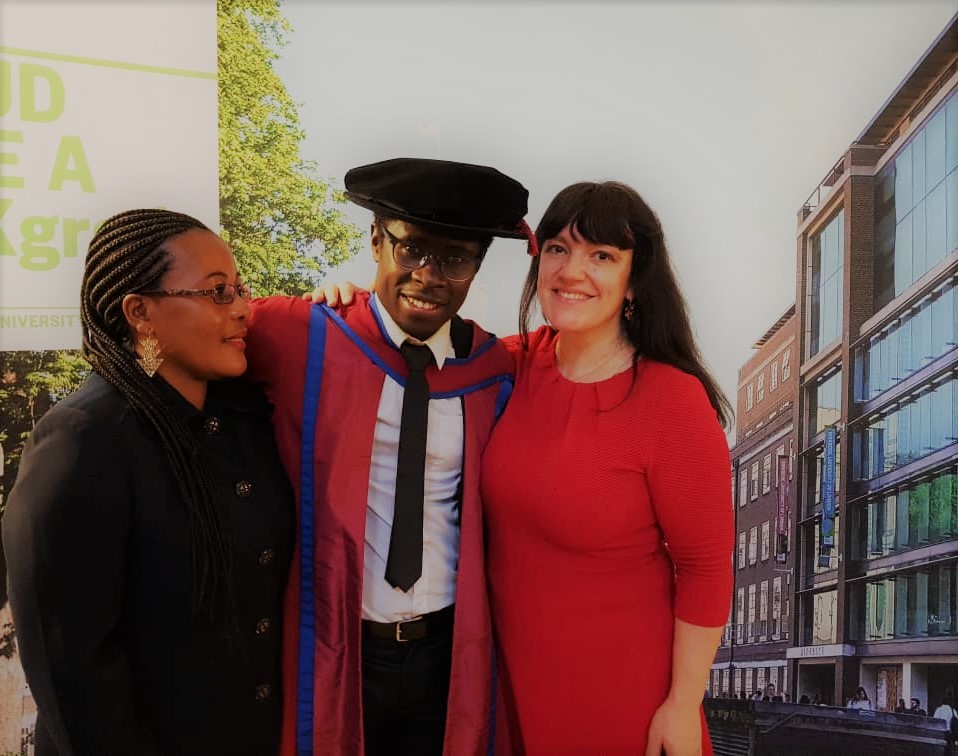Marketing Manager and MBA student Lorena Ramirez shares her journey on the MBA, across three continents and what she has learned along the way.
The first time I heard about the Central Saint Martins Birkbeck MBA was while living in Peru. I’d been working in the fashion industry for the last ten years and was ready to expand into different creative areas. I was looking for a Masters degree that focused not only on fashion, but on creativity and innovation.
There are lots of really good MBAs in London, but the Central Saint Martins Birkbeck MBA was different. There is nothing else in the market that mixes art, design, business and social innovation in that way.
I fell in love with the course immediately, but attending face-to-face sessions in London wasn’t an option for me, so I was forced to put my plans on hold.
Moving to London
It just so happened that, months after discovering the MBA, my husband was offered a job in the UK. We moved to London without any hesitation: I arrived, found a job, got pregnant and applied for the MBA! I had my interview with Dr Pamela Yeow, the Course Leader, about a week before I gave birth.
I had my reservations about starting a Masters with a newborn baby, but when I won a scholarship for the course I felt like it was a sign to just do it. I started the programme and absolutely loved it. On a course like this, it’s so important that your peers are with you on this journey. For a lot of MBAs, the average age is around 24 or 25. I’m 37, and while the youngest person in our cohort was 25, the oldest was 60. Through the MBA, I met people in media, television, different organisations and entrepreneurs. The diversity of ages and interests in my cohort was what I enjoyed most about the experience.
Then my maternity leave finished, the pandemic hit and I found myself working full-time with a baby under highly pressured circumstances. Sadly, I couldn’t continue the MBA with my cohort, but Birkbeck and Central Saint Martins were very understanding and supportive. It was not an easy decision, but looking back, I think it was the right one. I wouldn’t have had the time to properly enjoy the reading and the learning process if I had continued then.
A new challenge in Ceuta
Despite having to put my studies on hold, this has been a whirlwind year: I was promoted to Marketing Manager for Spain for my organisation and relocated to Ceuta, an autonomous Spanish city in Morocco. Ceuta is a small, quiet city, so it’s a big change from London!
In my new role, I am already applying the learning from the first module of the MBA, which is all about how to solve complex problems. Right now, in Spain, the gambling industry is facing new marketing regulations which drastically change the way it has worked for the past twelve years. This has a huge impact on our work, meaning we have to really think outside the box when it comes to promotion.
Changing the way an entire company works is very difficult, especially when you lead teams. For me, the MBA was the perfect preparation to face this challenge. On the course, we completed a project with the London Ambulance Service – what we are learning is not theoretical, it’s real life, day by day. In my work now, we essentially have to reinvent all the departments and how we’re working. For this to be a success, you have to change the way of thinking not of the directors but of the users and your team, and that is the most difficult thing. I’m grateful to have had the opportunity to study to have a preparation to understand this better.
Where next?
From March 2021, I’ll be travelling to London once a month to re-join the MBA programme – I can’t wait to get started again!
In the long term, I would like to go back to sustainable fashion, for which my current experience in online marketing will be really valuable. I’d like to work with artisans, especially Peruvian artisans, linking them with brands across the globe. Most artisans around the world don’t speak Spanish or English, so it can be difficult to reach them, but I hope to do this through a foundation or social enterprise – I think the MBA will lead me to the right way to do this.





